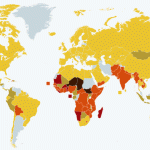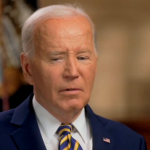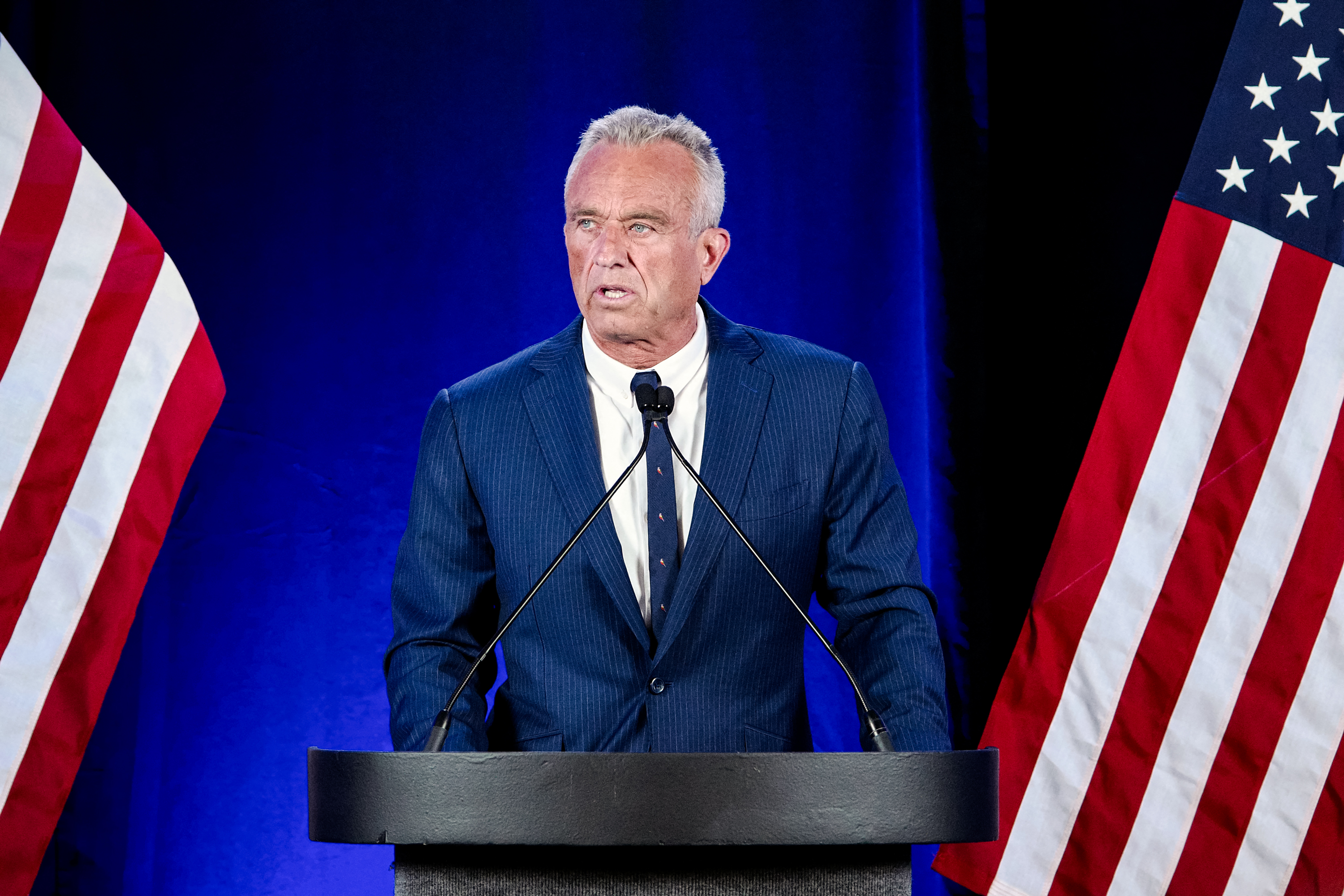‘Students don’t lose their free speech rights the moment they walk into a school building’
By Bob Unruh

A coalition of many groups, organizations and states is asking the U.S. Supreme Court to overturn a school’s decision to apply its own political ideology to students’ speech, and censor by ejecting from class those with other perspectives.
It’s all over a student who wore a T-shirt stating “There are only two genders,” and was tossed from his school. Then he tried to wear one that said “There are CENSORED genders” and he got the same result.
The fight revolves around the ideology that has become prominent under the Joe Biden-Kamala Harris administration’s activism for the LGBT lifestyle choices that focuses on the simple definitions of words.
“Sex” and “gender,” according to Merriam-Webster, for some 500 years referred to biology, “Phrases like ‘the male sex’ and ‘the female gender'” were commonly understood to mean those with DNA containing XX or XY chromosomes.
“Gender,” now, according to progressives and other leftists, can mean “a person’s internal sense of being male, female, some combination of male and female, or neither male nor female,” the dictionary alleges.
“Sex” often now is used to refer to biology while “gender” means “behavioral, cultural, and psychological traits,” it says.
“But in nonmedical and nontechnical contexts, there is no clear delineation, and the status of the words remains complicated,” it explains. “Usage of ‘sex’ and ‘gender’ is by no means settled.”
Then came student “L.M.,” Liam Morrison, and his shirts.
One of the supporting briefs, filed by the Foundation for Individual Rights and Expression, pointed out that the lower courts couldn’t even agree on why they were attacking the student’s rights.
“The district court denied L.M.’s request for a preliminary injunction and later entered final judgment against him, reasoning that the shirt constituted an impermissible ‘invasion of the rights of others’… The First Circuit affirmed on alternative grounds, adopting a novel test that would allow schools to censor speech that neither targets nor harasses a specific student,” the brief charges.
That precedent, FIRE said, allows schools to target “passive, silently expressed speech that targets no student in particular if the student’s expression (1) is reasonably interpreted to demean one of those characteristics of personal identity, given the common understanding that such characteristics are unalterable or otherwise deeply rooted and that demeaning them strikes a person at the core of his being, and (2) the demeaning message is reasonably forecasted to poison the educational atmosphere due to its serious negative psychological impact on students with the demeaned characteristic and thereby lead to symptoms of a sick school – symptoms therefore of substantial disruption.”
Essentially, such a ruling would allow virtually unlimited censorship based on the reaction of others to the speech involved, long described as a “heckler’s veto” which has been disapproved at the Supreme Court level.
The ADF, representing the student, applauded the support for the student from education experts, free speech advocates, and 18 states.










